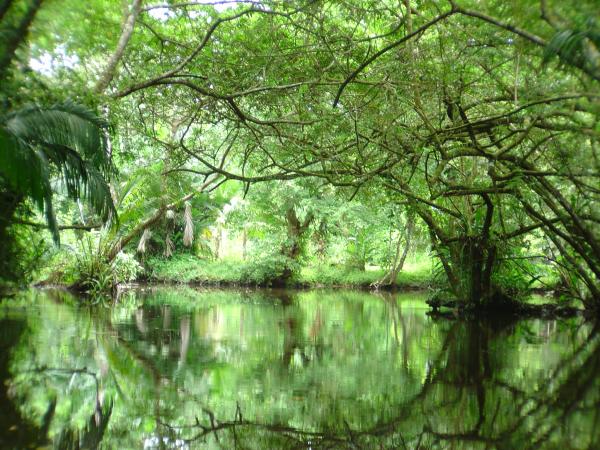People need Freshwater Biodiversity
New paper reveals nine critical services provided by freshwater biodiversity
16 Feb 2023 by The Water Diplomat

A new paper compiled by a group of 22 scientists bundles together a range of high-level expert summaries of the critical benefits to humanity of maintaining freshwater biodiversity. The objective of the paper is to show how the present decline in freshwater biodiversity impacts people across the world, but especially indigenous and marginalised groups. The article also shows that we currently have a critical window of opportunity to protect and restore this freshwater biodiversity in order to properly value and maintain these essential services.
The literature on ecosystem services has grown tremendously over the past years, and work on nature-based solutions in the water sector and beyond have significant policy appeal. The policy space for biodiversity conservation seems to have opened up recently with three key developments: the 2019 publication of the Intergovernmental Science-Policy Platform on Biodiversity and Ecosystem Services (IPBES) on the importance of these services, the explicit mention of nature and ecosystem conservation in the United Nations Framework Convention on Climate Change Glasgow Climate Pact signed in Glasgow in 2021, and the signature by 94 world leaders of the Leaders Pledge for Nature.
Cutting across a range of scientific disciplines and drawing on a broad range of studies related to freshwater biodiversity, the study offers a ‘structured distillation process’ to generate and compare lists of ecosystem services supported by concrete case studies of high value freshwater ecosystems. Based on exchanges between the scientists, an overview of nine key groups of ecosystem services were generated, subdivided into three main categories which correspond to those used by the IPBES report. Stretching far beyond any monetary value that could be attributed to fish, useful natural materials, water purification, climate regulation or other services, the services are classed into ‘material services’ (food, health and genetic resources, natural materials) , ‘non-material services’ (culture, education and science, recreation) and ‘regulating’ (catchment integrity, climate regulation, water purification) .
The authors argue that “if freshwater biodiversity is protected, conserved, and restored in an integrated manner, as well as more broadly appreciated by humanity, it will continue to contribute to human well-being and our sustainable future via this wide range of services and associated nature-based solutions to our sustainable future”.
